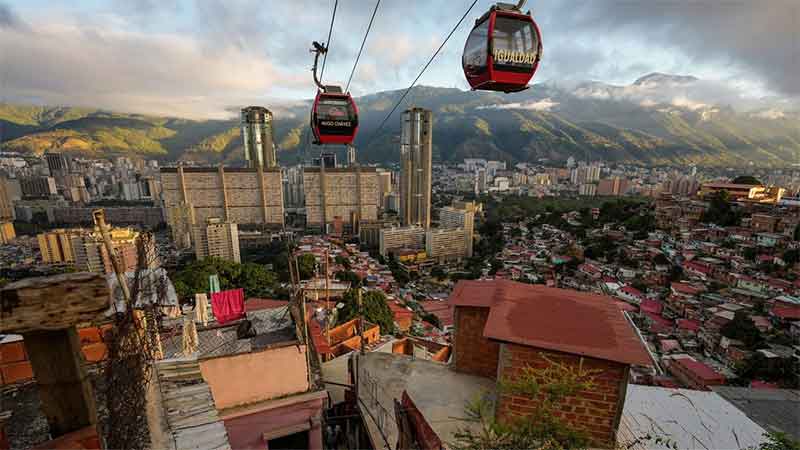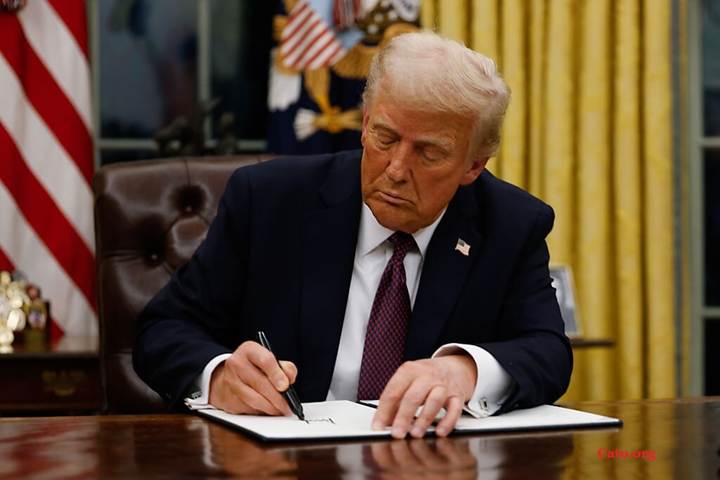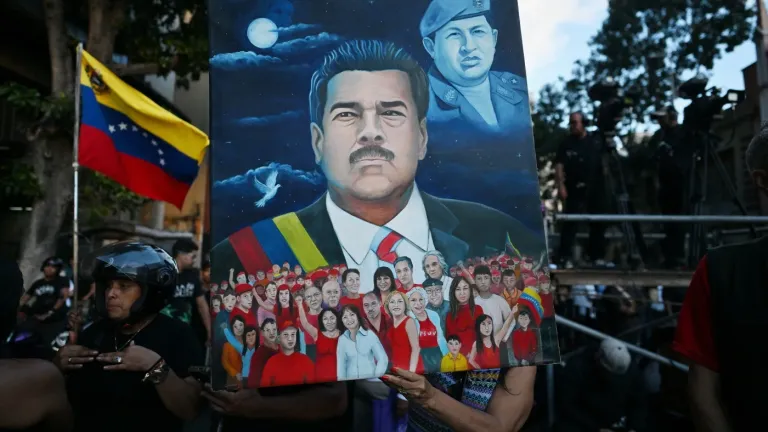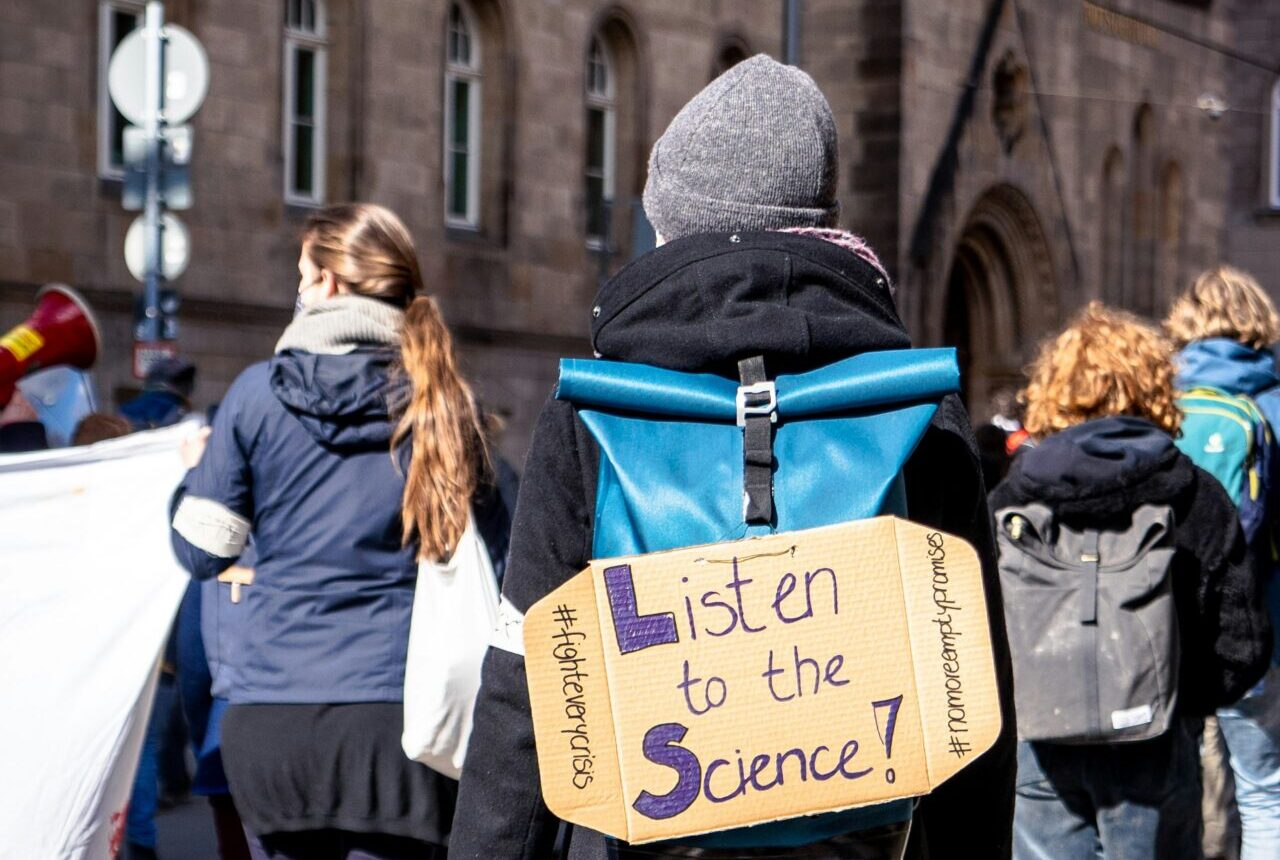Welcome to our collection of articles dedicated to green politics. As our world grapples with pressing environmental and societal challenges, the green political movement emerges as a beacon of change.
These articles explore core areas of green politics such as: degrowth, demilitarization, union and worker rights, and anti-capitalism.
Discover the nuances of degrowth as we examine strategies to reshape economies, moving away from military and capitalist growth models toward a more balanced, regenerative approach. Explore the imperative of demilitarization, unraveling the environmental and social impacts of excessive military expenditures, and delving into proposals for redirecting resources towards constructive, peace-building endeavors. Anti-capitalism is a key theme, challenging the prevailing economic systems that prioritizes profit over people and the environment. Union and worker rights in politics is another key area. Our articles dissect the green political stance on restructuring economies to prioritize social justice, environmental sustainability, and community well-being.
This thought-provoking content analyzes the intersectionality of these principles, offering insights into how green politics seeks to create a world where ecological responsibility, demilitarization, and anti-capitalist values converge for the betterment of society and the planet.
We hope you enjoy these explorations of the progressive ideals of green politics, providing you with valuable perspectives, informed analyses, and potential solutions to the challenges we face. Stay engaged, informed, and inspired, and let’s pave the way toward a future guided by the principles of degrowth, demilitarization, and anti-capitalism.

Saudi Arabia Asserts Dominant Role in the Horn of Africa and the Red Sea
Jamal Abdulahi

Bellwether and K12 Coalition Published Misleading Report
Thomas Ultican

Hunting Immigrants in the US? Nothing New Under the Sun
Raúl Antonio Capote

Trump launches aerial strike on Venezuela amid Democratic Party silence
Andre Damon

Racist President Attacks Head Start
Thomas Ultican

As Trump Threatens to Intervene, Iranian Protesters Warn US, Israel ‘Want Entire Region in Chaos’
Brad Reed

Maria Corina Machado, Knut Hamsun and the Nobel Prize
Franklin Frederick

Assange Sues Nobel Foundation to Stop War-Promoting Machado From Receiving Peace Prize Cash
Brad Reed

Venezuelan President Maduro Declares Himself a “Prisoner of War” Before a New York Court
Editorial, Resumen Latinoamericano

